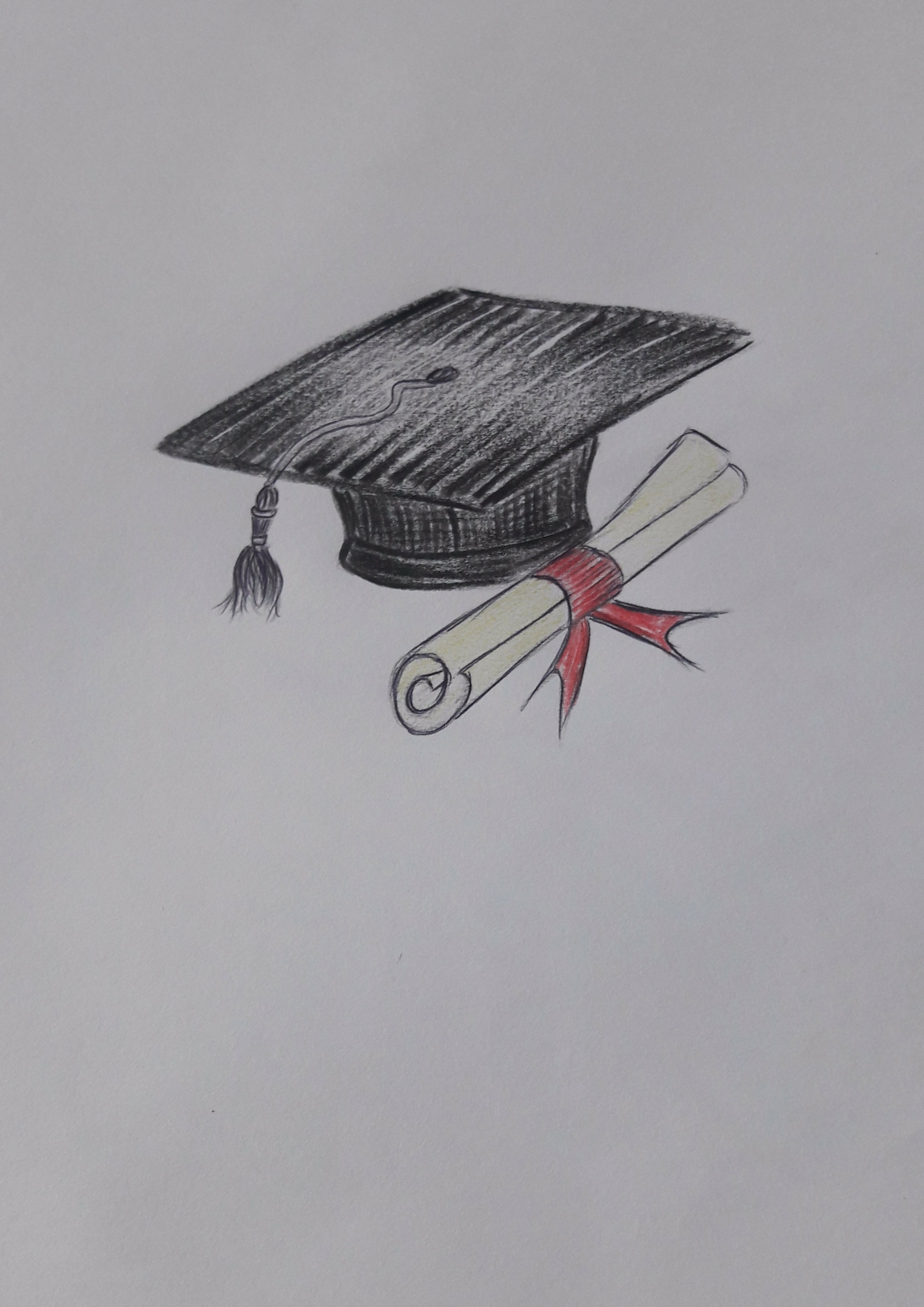
[dropcap]As [/dropcap]University College Dublin (UCD) announce a huge overhaul of all of their arts courses, in an effort to make their graduates more employable, the question is posed whether this improvement is enough.
The reform, which, from 2018, will see UCD arts courses upgraded from a BA degree to a joint honours degree, will also see the courses begin to offer an internship for its students and an additional, optional year in an overseas partner University of UCD.
The improvement to these courses was flagged as an opportunity to stop the ongoing gradual decrease in points for UCD arts, caused by a deteriorating interest in the courses by CAO applicants. It will make UCD arts courses more like those of DCU whose graduates already receive a joint honour degree.
Is this new structure of arts degree enough to ensure the good employability of its graduates? A recent study from H&R Block finds that the “unemployment level for recent graduate is highest among those who have studied arts.”
The Higher Education Authority’s annual survey of graduate prospects shows that just 39 percent of graduates of arts and humanities were in employment. The problem with arts is that, for the majority of cases, another degree must be achieved before receiving employment.
One of the major career aspirations among arts students is education, however, to be employed in the education sector arts graduates must first obtain professional masters in education.
Arts graduate Shane Boyle said, “I did arts because I didn’t get great points (in the leaving cert) and I didn’t really know what I wanted to do, there’s not a whole lot I can do with my degree so I might head back and get another qualification”.
The starting salaries of graduates was also lowest among arts and humanities students, according to the HEA survey, with 29 percent of these graduates earning less than 13,000 yearly.
According to this survey, 49 percent of arts and humanities graduates admit that their degree had no relevance to their future employment. Art degrees don’t offer the qualification for their graduates to do the majority of high grade jobs. They can however act as a stepping stone to a degree which without doing arts might not have been achievable for the student.
Tony Donohue, head of education and social policy at employers’ group Ibec says that arts degrees are desirable for some employers and that the degree instils certain skills that make its graduates suitable for senior positions in big companies.
He said: “With arts graduates, it may take them longer to get there, but when they do, they reach senior positions within organisations. Starting salaries are not as good, but after five years arts graduates can and do earn good money.”
Joint honours degrees like the ones in DCU have been “trailblazing for years” because they offer multi-dimensional career prospects, according to Eileen Murray and Siobhanne Murphy of the DCU careers service.
“There are three distinct options out of a joint hours degree, you have the A and B of what you´re studying but then you have the C of the two combined as well”, they said.



